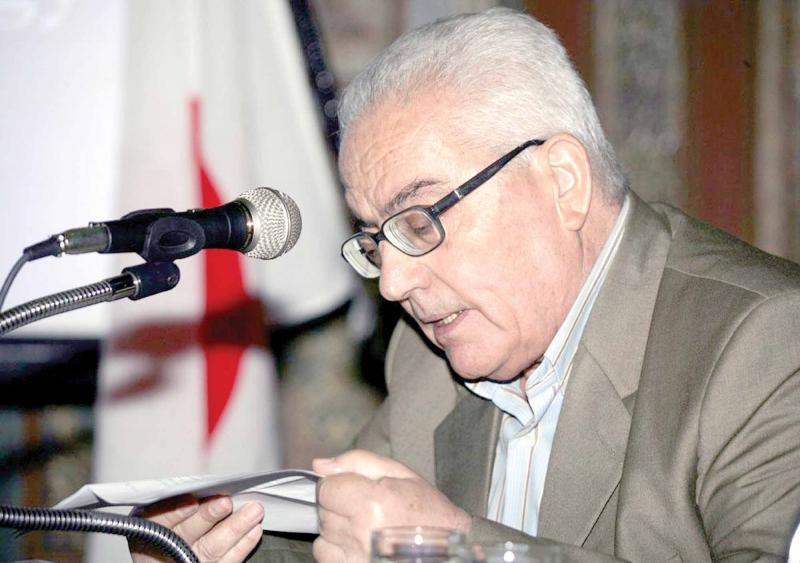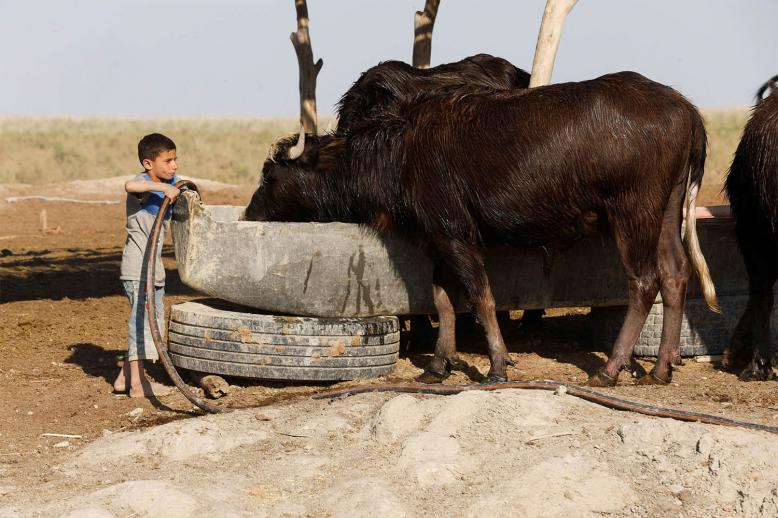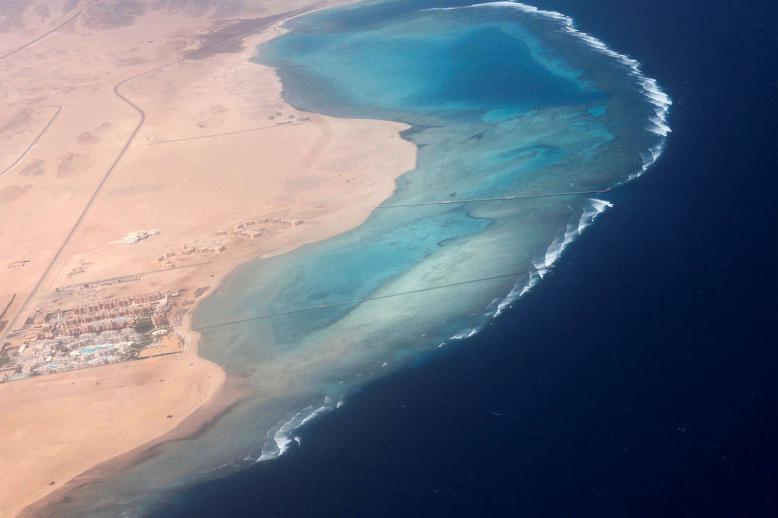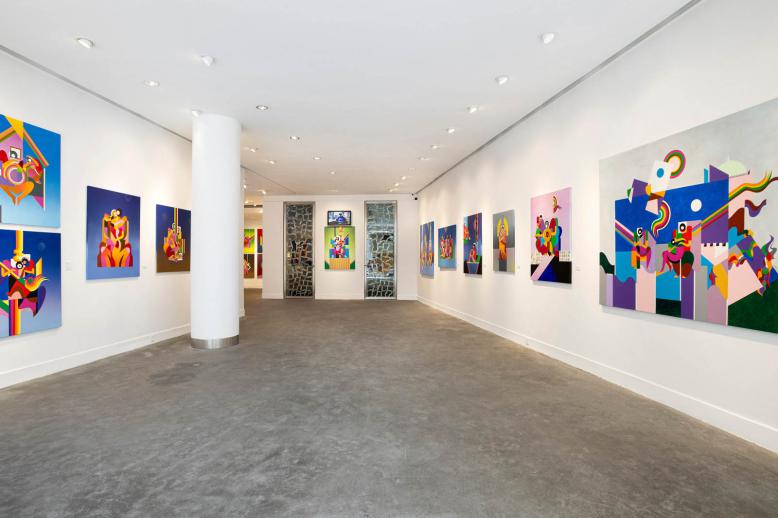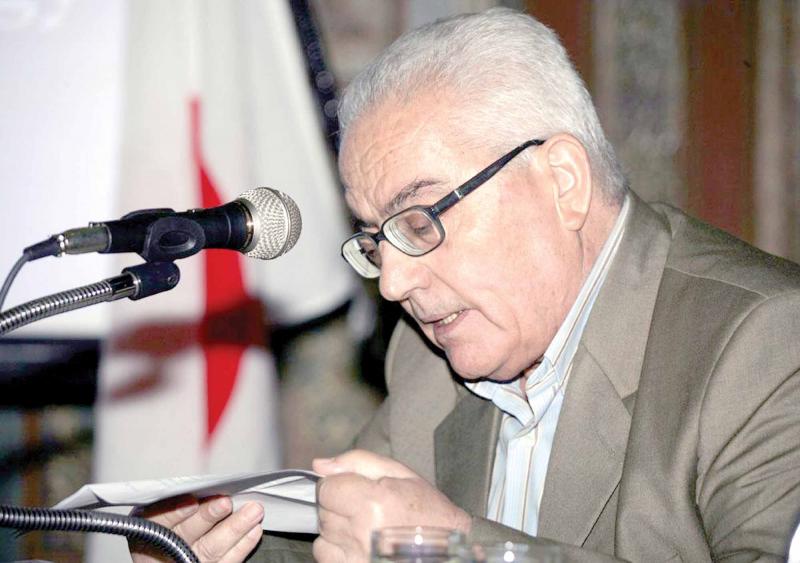International award honours legacy of slain Arab archaeologist
ROME - In preparation for its 21st edition in November, the Mediterranean Exchange for Archaeological Tourism announced a list of the five most important archaeological sites discovered in 2017.
They will compete for the fourth International Archaeological Discovery Award “Khaled al-Asaad” as the most valuable discovery of the year. Three of the sites are in Arab countries and the others are in Italy and France.
The award was named in honour of Professor Khaled al-Asaad, dean of Arab archaeologists, who was assassinated three years ago in Palmyra, Syria, by Islamic State militants.
Asaad, 83, was the resident archaeologist of the Palmyra site and had spent the better part of his life researching the area and protecting it as historical proof of how people and civilisations can come together and coexist peacefully. His assassins had no respect for the man’s age or scientific weight. They killed Asaad in front of his family and fellow villagers.
The International Archaeological Discovery Award is the first global honour named after an archaeologist killed trying to protect his country’s heritage. It was established in collaboration with several international archaeological figures.
Each year, five major European archaeology journals and magazines nominate new archaeological discoveries for the award. The winning site is decided by the editors of the magazines and a jury.
A special award is bestowed on the archaeological discovery that claims the most “Likes” by visitors to the Mediterranean Exchange of Archaeological Tourism’s Facebook page. That vote will continue through October 18.
The sites in competition for the award are: the Hellenic Gymnasium in al-Fayoum, Egypt; a small Pompei in Vienne, France; the oldest commercial port of a Sumerian city at Abu Tbeirah in Dhi Qar province, Iraq; the Centurion House Ancient Rome near the Metro C excavations in Rome, Italy; and the submerged Roman villa in the Gulf of Hammamet in Tunisia.
The Khaled al-Asaad award was the idea of Ugo Picarelli, director of the exchange, and Andreas Steiner, editor of Archeo magazine, out of the conviction that “today, civilisations and cultures of the past and their relations with the surrounding environment are more and more important to rediscover the identities, in a global society which is dispersing its values.”
The award is meant to promote scholarly and professional exchanges regarding the nominated sites and turn them into tools of intercultural dialogue. The award is to be presented November 16 during the 21st edition of the exchange in Paestum, Italy. Syrian archaeologist Feiruz al-Asaad, daughter of Khaled al-Asaad, is to present the award on behalf of her family.
Irfan Rasheed is an Iraqi writer.
This article was originally published in The Arab Weekly.

